*Content Warning: Suicide
A few weeks after I started my job with More Light, I had a troubling realization. It had been about 3 weeks since I’d left my job working as a Youth Programs Director with LGBTQIA+ youth, and I paused in the midst of my workday, looked up and said out loud: “Whoa. I haven’t talked about suicide in like a month.” It wasn’t until that moment that I realized how commonplace it had become for me to sit with people who were seriously considering ending their own lives. For some, there was a struggle with how to come out, or an ongoing fear that their identity predetermined them for hell. Others were living through their own hell, whether it came in the form of an unsafe household, school, or church.
Since becoming ordained last summer, the question I am still asked most frequently by young LGBTQIA+ people is whether they are going to hell. There is a particular kind of fear a person carries when the weight of their very existence is the thing they cannot outrun, a particular kind of shame they are forced to wear when they are told they are evidence of God’s mistakes.
During my time in seminary, I struggled with my feelings around the cross. I took two classes on the meaning of the death of Christ, one on God and evil, and a number of other courses looking at the parts of our Christian narrative that are often side-stepped, due to the sheer discomfort they can bring up for people. If you’d asked me at that time, I would’ve said I hated the cross. I hated the way it was so often used as a bludgeon, and how often it was those already weary from the weight of the world’s evils who were told to “carry their cross.”
I’ve said frequently that my job at Side by Side afforded me the rare privilege of being able to see resurrection every day. I feel that way often about my job at More Light though I see it less often. The flip side of this recognition also brings with the realization that the awesomeness of resurrection was never further from the human imagination on that first Holy Saturday. Time and again, I met young people who were little more than shadows of themselves, living in a seemingly unending Holy Saturday.
Through a number of trainings on suicide prevention, I learned that one of the things that can be most helpful, yet often ignored when talking to people who are suicidal, is to ask them what’s happening in their life that has led them to this point. Before learning this, my tendency was often to get someone to safety, or to work on a plan of action to try and remind them why their life was worth living. Yet, by not only sitting with people in the midst of their despair, but asking them to talk about it, I found that the weight of the things they were holding became lighter. I had to put aside my anxiety around trying to make things right to see that what most people needed in the midst of their despair wasn’t a cure, but to be seen, to have their pain validated.
So often it seems we are only able to see Holy Saturday through the lens of Easter. Yet, it is only in sitting through the despair of Holy Saturday that we truly understand the miracle of Easter. I can say with absolute certainty that the people who’ve taught me the most about Easter are the ones who’ve lived through their own Holy Saturdays. The funny thing is that so often these folks don’t say much – they never tell me God won’t give me more than I can handle, or remind me of how good things in my life are otherwise, or say anything about a window opening up after a door has been slammed in my face. More often than not, I’ve found my way forward through their sheer presence and validation of my pain. It’s not about having the perfect words or a solution, it’s about the willingness to see me in my suffering and to honor that by simply being with me as I move through it.
I still hate the cross, just like I hate the senseless violence committed in the name of the man who was hung on it. I think we are supposed to hate the cross, to see it as a symbol of systemic oppression committed and maintained by the social and religious elite. But I have also come to terms with it because I believe down to my bones that God is with us even in the depth of our suffering. Holy Saturday offers us the opportunity to hold in tension both the awfulness of the terrible things that happen, and the trust that God is with us even through those things. It shows me that I don’t need to make sense of the suffering, or try to put an Easter bow on someone’s pain in order for God to be present through it.
The world is a mess right now, and so often we tend to try and fix things in a manner similar to jumping from Good Friday right to Easter (or even Christmas to Easter). Holy Saturday offers us the opportunity to dig into the discomfort – to avoid the temptation to fix it without fully understanding it. It is a difficult thing to do; and, in my experience, it cannot be done alone – we need people to remind us that we don’t have to be stuck in our despair. Even more, we get to learn through people the gift of God’s presence that doesn’t balk at the heavy stuff, or try to make it right.
May we give ourselves permission to sit in the heaviness of the day, and may we trust in the Spirit’s presence, blowing in with sighs too deep for words, a holy presence with us always.
Jess Cook (they, them, theirs) is a native of East Texas and lifelong Presbyterian, Jess holds a Master of Divinity from Union Presbyterian Seminary, a Master of Fine Arts in Photography from the University of North Texas, and a Bachelor of Fine Arts in Studio Art from Baylor. Jess was the first openly non-binary person to be ordained as a Minister of The Word and Sacrament in the Presbyterian Church (USA).
Prior to joining MLP, Jess was the Youth Programs Director at Side by Side, an organization in Richmond, VA serving LGBTQIA+ youth. While at Side by Side, Jess worked with hundreds of young people through support groups, a leadership program, and various programs in the community. They created a parent support group and a meals program, and trained a wide variety of faith community leaders and service providers on best practices for working with LGBTQIA+ youth.
Jess’s call is to help facilitate spaces where reconciliation is possible, with the acknowledgement that reconciliation is only possible if we are able to be honest with ourselves and one another about the ways in which we are broken. True reconciliation requires relationships, and relationships require trust and vulnerability. Jess sees their role as helping make spaces where that vulnerability is celebrated and trust can be built.

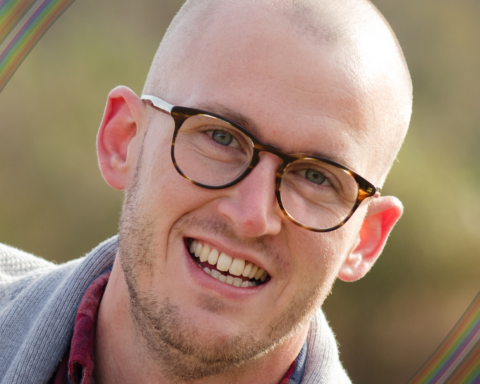
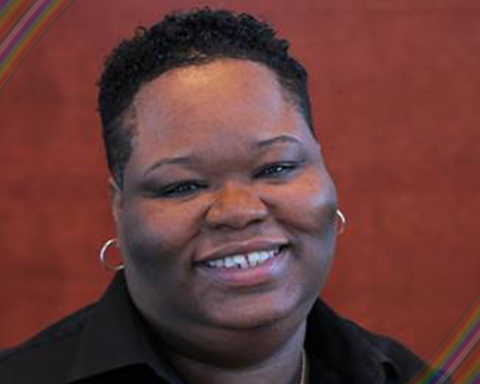
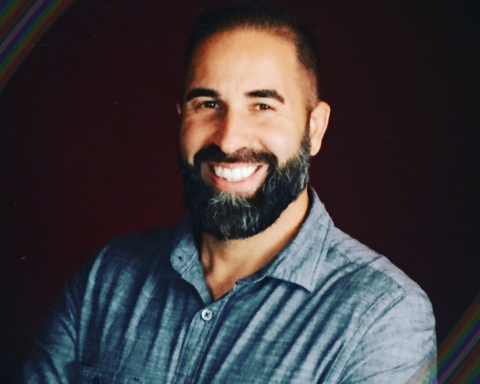
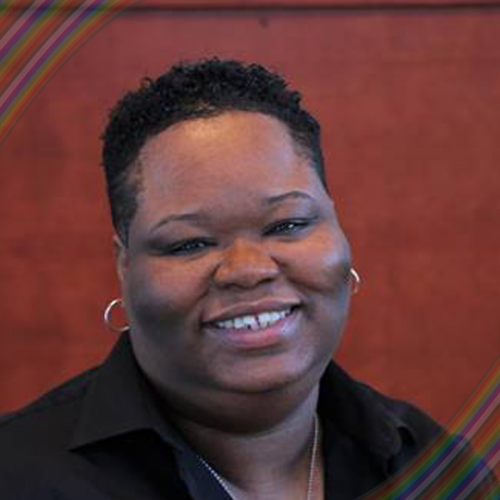
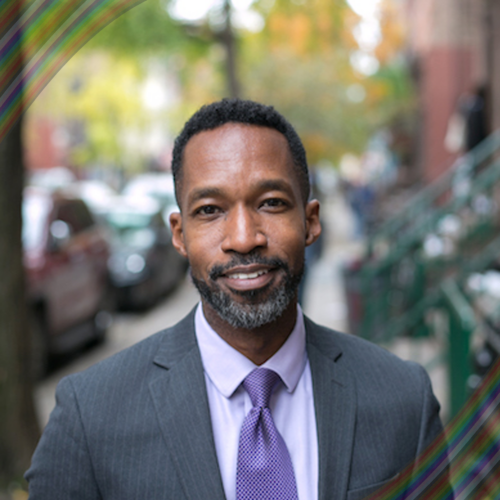
Unbound Social